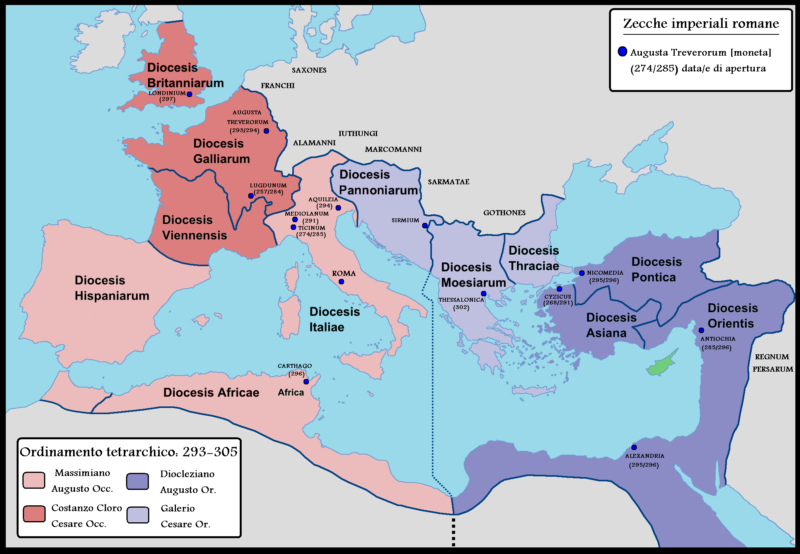
The Third Seal of Revelation
Over a GunnerQ’s place, he is also talking about “Ousting Female Pastors” in the SBC. After noticing that the SBC passed a number of barely reported resolutions, he makes this observation.
Meanwhile,
the Southern Baptists are siding with the Biden Regime to flood the United States with foreigners in order to incite civilizational collapse. But they’re no longer affiliated with that one megachurch, so… call it a tie? [..] No sinecures will be threatened in the coming hard times. How did God phrase it? “A quart of barley for a day’s wages, but do not touch the oil and the wine” or something?
— GunnerQ, “
Is the Southern Baptists’ Purge Of Female Clergy A False Flag? Eh, Who Cares“
GQ is suggesting that the SBC made a token act of appeasement while—on the whole—charging full force in the opposite direction. In the process, he makes an interesting analogy when he cites
Revelation 6:6:
And when he opened the third seal, I heard the third living creature saying, “Come.” And I saw, and Look!, a black horse, and the one who sat on it had a set of scales in his hand. And I heard what seemed to be a voice in the midst of the four living creatures saying, “A measure of wheat for a denarius, and three measures of barley for a denarius, and do not hurt the olive oil and the wine.”
In 301AD, Roman Emperor Diocletian issued the
Edict on Maximum Prices. This included price controls on wheat, barley, oil, and wine, as well as many other goods. As always happens with such market manipulations, forcing a “fair” price leads to shortages of various goods as the supply of goods plummets. But not all goods were equally impacted.
Shortly after Diocletian came to power, in 286AD he proceeded to reorganize the Roman Empire into four districts, each ruled by its own Tetrarch. The district capitals were located in Nicomedia (where Diocletian resided), Sirmium, Mediolanum, and Augusta Trevororum.

The main production of grain in the Roman Empire was in Egypt in the Diocese of the East, part of Diocletian’s district from which he ruled. By contrast, olive oil and wine were mainly produced in the central and western regions of the empire, those ruled by Constantius, Galerius, and Maximian.
Crawford and Reynolds noted in “The Publication of the Prices Edict“, that most extant copies of the decree—all of which are written in Greek—have only been found in the eastern provinces of the Roman Empire: Phyrgia and Caria in Asia Minor, and in Greece, Crete, and Cyrenaica.
An examination of history shows that the Edict had its largest effect on the price of wheat and barley—grown in the east—but has a much smaller impact (if anything) on the oil and wine produced in the central and western provinces. The edict appears to have been largely only enforced in the East. Thus did the third seal of Revelation come to pass.
GunnerQ’s attempt to spiritualize the historical nature of the third seal of Revelation is a surprisingly accurate analogy. We agree with Timothy F. Kauffman, who noted that…
…the Third Horseman was carrying scales (which measure weight) but announced prices by the quart (a measure of volume). Because scales signify justice and integrity (Leviticus 19:36; Amos 8:5), we take the Horseman’s scales to refer to Diocletian’s concern that the problem was a moral issue, not an economic one. His Edict on Maximum Prices condemned “with great vehemence, … the extortion and inhumanity of the vendors and merchants” (Gibbon, Decline and Fall of the Roman Empire, vol. I, (New York: Harper & Sons, ©1898) 696n). In other words, he assumed that the current market prices were a result of injustice, not a matter of imperial mismanagement of the Roman economy.
The Edict was intended to solve a moral problem, but it failed and only made the problem worse (i.e. shortages and inflation). Just as the Edict’s impact was restricted and ineffectual, so too may the disfellowshipping of a megachurch by the SBC be only a token measure that fails to meaningfully address the moral problem. GQ notes that the real rot in the church—the moral issue behind the act—is almost entirely untouched by this judicial act: the SBC ruling has not resulted in a notable increase in justice or integrity, but might even lead to shortages of these due to the other resolutions it has passed.



Pingback: Eschatological Timeline: Part 1